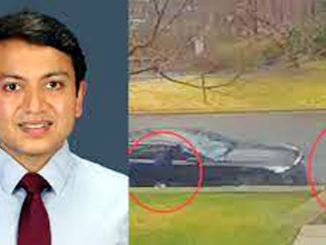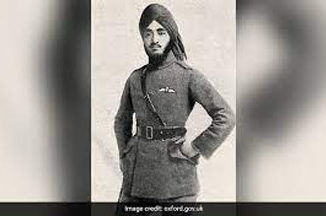
In recent times, India has witnessed a perplexing phenomenon where certain Hindu groups, often described as militant, vehemently oppose the celebration of Valentine’s Day. This opposition is rooted in the claim that the celebration is an alien import conflicting with Indian values. Shockingly, this opposition has escalated to physical assaults on young men and women expressing their love on Valentine’s Day. In a country where ancient temples like Khajuraho proudly depict explicit sexual scenes in stone carvings and where the Kama Shastra, the guide to sexual pleasure, originated, the contradiction between the celebration of love and the rise of conservative sentiments is glaring.
India has a rich cultural and historical heritage that celebrates love in various forms. The temples of Khajuraho, dating back to the medieval period, boast intricate carvings that boldly depict scenes of lovemaking and sensuality. These sculptures are a testament to the acceptance of love and the human experience in ancient Indian society. Additionally, the Kama Sutra, an ancient Sanskrit text, serves as a guide to the art of love and sexual pleasure, highlighting the acknowledgment of the natural and intimate aspects of human relationships.
Given this historical backdrop, the opposition to the celebration of Valentine’s Day by certain Hindu groups appears paradoxical. Love, in all its forms, is deeply embedded in India’s cultural roots. It is baffling to witness a mindset that deems the expression of love on Valentine’s Day as contrary to Indian values. Love, after all, is a universal emotion that transcends cultural boundaries.
The growing opposition to Valentine’s Day reflects a broader trend of Hindu fundamentalism gaining prominence in India. This mindset, characterized by a rigid interpretation of Hindu values, tends to reject any cultural influence perceived as foreign. The clash between this fundamentalism and the liberal ethos of a majority of the population is becoming increasingly evident.
The rise of Hindu fundamentalism poses a threat to the rational thinking and open-mindedness that have been central to India’s progress. The assault on individuals celebrating Valentine’s Day is not just an attack on a particular celebration but reflects a broader attempt to curtail personal freedoms and dictate cultural norms. If left unchecked, this trend could push India back into a regressive medievalism, stifling individual expression and diversity.
To maintain a harmonious and progressive society, it is crucial for India to embrace diversity and promote tolerance. Love, in all its expressions, should be celebrated rather than condemned. The country’s historical openness to various facets of human experience, as evident in Khajuraho and the Kama Sutra, should serve as a reminder of the acceptance that has been an integral part of India’s cultural fabric.
India’s strength lies in its pluralistic identity, where various cultures, traditions, and beliefs coexist. The current wave of opposition to Valentine’s Day threatens to erode this rich tapestry. It is essential for the majority of the population, which values liberal thinking, to resist the encroachment of fundamentalist ideologies and preserve the essence of India’s inclusive heritage





Be the first to comment